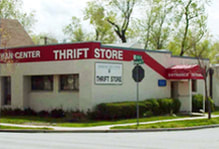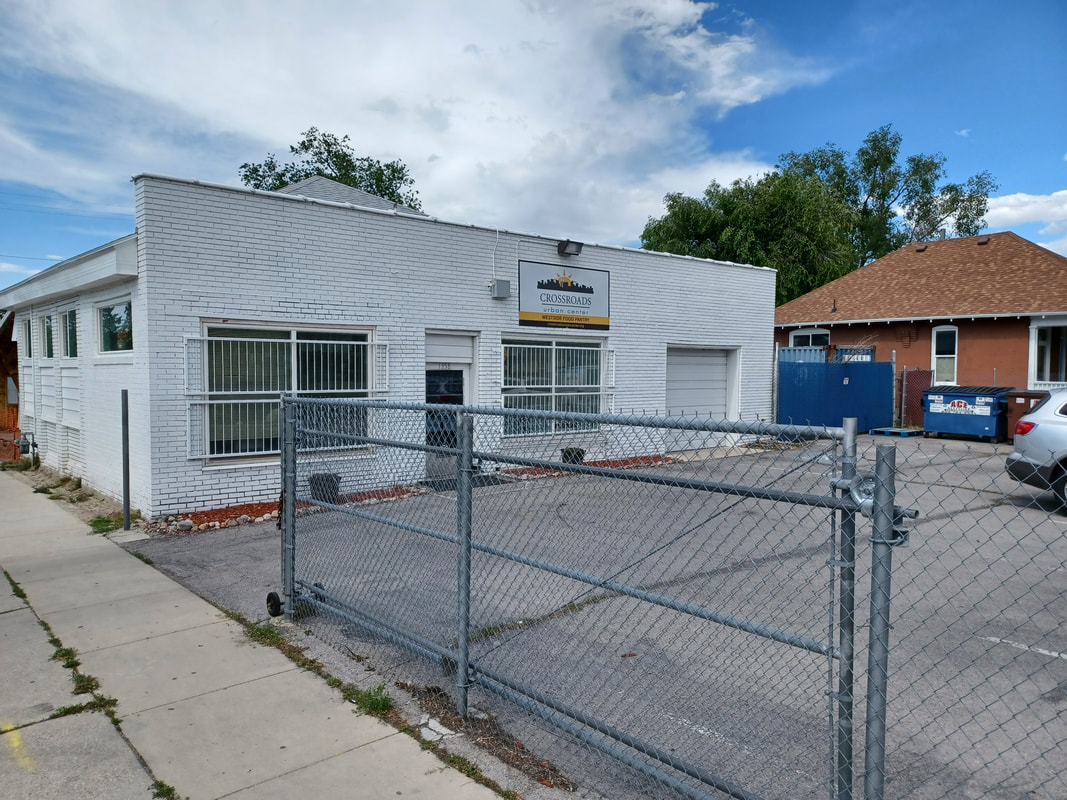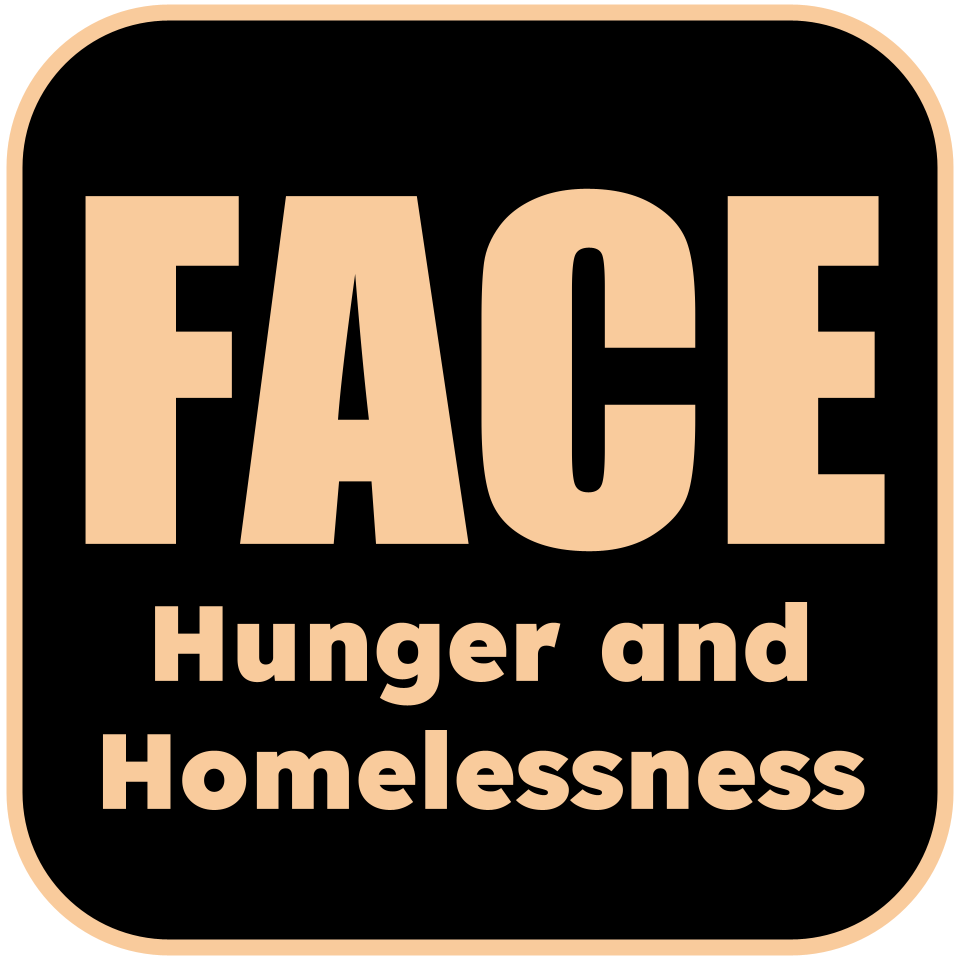
One in four Salt Lake City voters is a tenant paying more for rent than they can afford. How many of those struggling renters would agree to increase their cost of living by raising the sales tax to finance a billion dollar expansion of the Delta Center?
Everyone living in an apartment in Salt Lake City knows that the rent is too high. Census data shows that over half of Salt Lake City residences are occupied by renters. The Thriving in Place study of gentrification and displacement in Salt Lake City shows that more than half or renters pay over 30 percent of their income on rent—which leaves them unable to consistently pay for other necessities like food, healthcare and transportation. This problem was intensified in 2021 when the average rent increased by 21 percent.
There are thousands of people in our community who cannot afford to have the cost of living increased arbitrarily by a sales tax increase. Crossroads Urban Center sees city residents impacted by the high cost of living every day at our two emergency food pantries and our thrift store, where we primarily give away clothing on a referral basis. Our food pantries served almost 10,000 households during the month of March. To give context to that number, we served 3,719 more people this year than we did in March of last year.
Unfortunately, the Utah Legislature has placed extreme pressure on the Salt Lake City Council to increase the sales tax within Salt Lake City. Before Utah’s state legislative session began in January the owner of the Utah Jazz stated that he was interested in bringing a professional hockey team to Utah and that the current arena used by the Jazz was not adequate for hosting major league hockey games. State legislators quickly came up with a way for taxpayers to help solve this problem—increase the sales tax on non-food purchases in Salt Lake City by half a percent and use the tax revenue to secure a bond for a billion dollars to pay for renovation costs and investments in the surrounding neighborhood.
Now it has been announced that a hockey team definitely is coming to Utah and the timeline for approving the sales tax increase to secure financing to renovate the stadium is short. The City Council is responding to this short time line with an appropriately quick time line of their own. The full details of the stadium renovation will be presented to the Council on May 7, a public hearing will be held on May 21, and a final vote is tentatively scheduled for July 2, 2024.
How will the renovation of a stadium benefit the thousands of city residents who are already struggling to avoid homelessness due to the high cost of living in Salt Lake City? Most jobs at sports venues are low wage and part time and so the jobs inside the renovated arena are probably not going to make it easier for people to pay the rent. If any new jobs are created in the area around the enhanced Delta Center they will be at leisure and hospitality sector employers like hotels and restaurants. Bureau of Labor Statistics data show that most jobs in this sector of the economy are part time, pay low wages, and do not provide health insurance benefits. Unfortunately, this means that if the Delta Center development creates new jobs it will also increase the number of very low-income people working in Salt Lake City who are struggling to find an affordable place to live.
City leaders can soften the impact of the sales tax increase on residents who do not have $50 to spend on hockey tickets by using city property to partner with not-for-profit developers to produce housing that will be affordable to the people working in the leisure and hospitality sector jobs the project will create. Expanding the supply of affordable housing reduces rent inflation for all tenants because there is less competition for the units that match the budget of most renters.
Now would be a good time for Salt Lake City to recognize that every new commercial development creates new jobs but that if housing is not created that is affordable to the people who work those jobs then rent, and the overall cost of living, will go up. When rents go up in a city that city also sees increases in homelessness and increases to the cost of providing shelter and other services to people experiencing homelessness. The way to address that problem is to have housing plans that correlate and complement other development plans. If we build a sports arena we need to also build housing that meets the needs of the people who will work in it.
Everyone living in an apartment in Salt Lake City knows that the rent is too high. Census data shows that over half of Salt Lake City residences are occupied by renters. The Thriving in Place study of gentrification and displacement in Salt Lake City shows that more than half or renters pay over 30 percent of their income on rent—which leaves them unable to consistently pay for other necessities like food, healthcare and transportation. This problem was intensified in 2021 when the average rent increased by 21 percent.
There are thousands of people in our community who cannot afford to have the cost of living increased arbitrarily by a sales tax increase. Crossroads Urban Center sees city residents impacted by the high cost of living every day at our two emergency food pantries and our thrift store, where we primarily give away clothing on a referral basis. Our food pantries served almost 10,000 households during the month of March. To give context to that number, we served 3,719 more people this year than we did in March of last year.
Unfortunately, the Utah Legislature has placed extreme pressure on the Salt Lake City Council to increase the sales tax within Salt Lake City. Before Utah’s state legislative session began in January the owner of the Utah Jazz stated that he was interested in bringing a professional hockey team to Utah and that the current arena used by the Jazz was not adequate for hosting major league hockey games. State legislators quickly came up with a way for taxpayers to help solve this problem—increase the sales tax on non-food purchases in Salt Lake City by half a percent and use the tax revenue to secure a bond for a billion dollars to pay for renovation costs and investments in the surrounding neighborhood.
Now it has been announced that a hockey team definitely is coming to Utah and the timeline for approving the sales tax increase to secure financing to renovate the stadium is short. The City Council is responding to this short time line with an appropriately quick time line of their own. The full details of the stadium renovation will be presented to the Council on May 7, a public hearing will be held on May 21, and a final vote is tentatively scheduled for July 2, 2024.
How will the renovation of a stadium benefit the thousands of city residents who are already struggling to avoid homelessness due to the high cost of living in Salt Lake City? Most jobs at sports venues are low wage and part time and so the jobs inside the renovated arena are probably not going to make it easier for people to pay the rent. If any new jobs are created in the area around the enhanced Delta Center they will be at leisure and hospitality sector employers like hotels and restaurants. Bureau of Labor Statistics data show that most jobs in this sector of the economy are part time, pay low wages, and do not provide health insurance benefits. Unfortunately, this means that if the Delta Center development creates new jobs it will also increase the number of very low-income people working in Salt Lake City who are struggling to find an affordable place to live.
City leaders can soften the impact of the sales tax increase on residents who do not have $50 to spend on hockey tickets by using city property to partner with not-for-profit developers to produce housing that will be affordable to the people working in the leisure and hospitality sector jobs the project will create. Expanding the supply of affordable housing reduces rent inflation for all tenants because there is less competition for the units that match the budget of most renters.
Now would be a good time for Salt Lake City to recognize that every new commercial development creates new jobs but that if housing is not created that is affordable to the people who work those jobs then rent, and the overall cost of living, will go up. When rents go up in a city that city also sees increases in homelessness and increases to the cost of providing shelter and other services to people experiencing homelessness. The way to address that problem is to have housing plans that correlate and complement other development plans. If we build a sports arena we need to also build housing that meets the needs of the people who will work in it.







